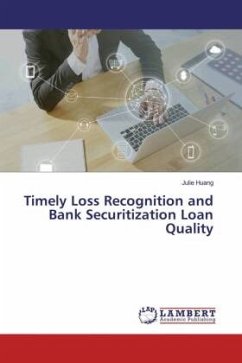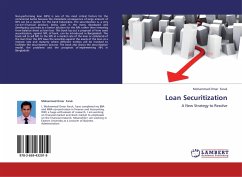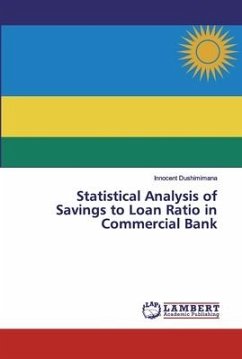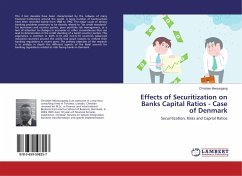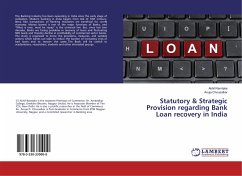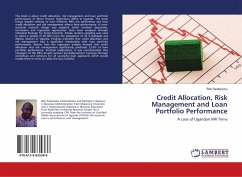According to the recent report about securitized debt market by Securities Industry and Financial Markets Association (2011), the outstanding US securitization market was valued at $11 trillion at the peak by the end of 2007, making it almost twice the size of US treasures, which were valued at $4.5 trillion. Securitizations involve the package and selling of the mortgages and receivables to generate cash for new loan originations, which are directly tied to mortgage lending market and therefore the blame of the financial crisis. A growing number of research studies the role in which accounting discretion (or lack thereof) contributed to the housing bubble. Most of the accounting-related research in this area focuses on the (effective or non-effective) role of fair value accounting in valuing the banks' assets and riskiness (Katz 2008). However, another aspect of accounting discretion that received less attention but nonetheless may have played a significant role in contributing to the housing bubble is timely loss recognition.
Bitte wählen Sie Ihr Anliegen aus.
Rechnungen
Retourenschein anfordern
Bestellstatus
Storno

